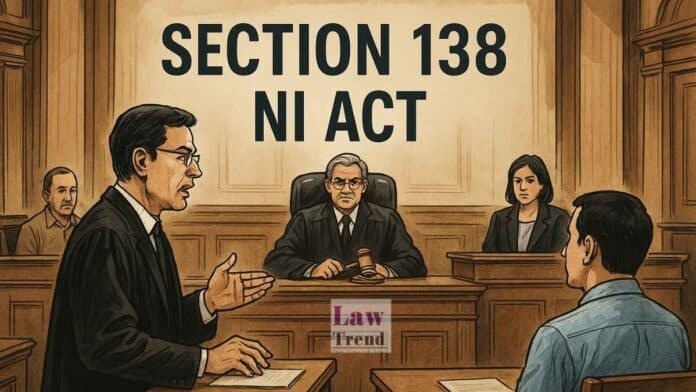The High Court of Delhi, in a judgment pronounced on October 27, 2025, quashed five criminal complaints filed under Section 138 of the Negotiable Instruments Act, 1881 (N.I. Act). Justice Neena Bansal Krishna, hearing petitions filed under Section 482 of the Code of Criminal Procedure (Cr.P.C.), concluded that the cheques in question were issued purely
To Read More Please Subscribe to VIP Membership for Unlimited Access to All the Articles, Download Available Copies of Judgments/Order, Acess to Central/State Bare Acts, Advertisement Free Content, Access to More than 4000 Legal Drafts( Readymade Editable Formats of Suits, Petitions, Writs, Legal Notices, Divorce Petitions, 138 Notices, Bail Applications etc.) in Hindi and English.




